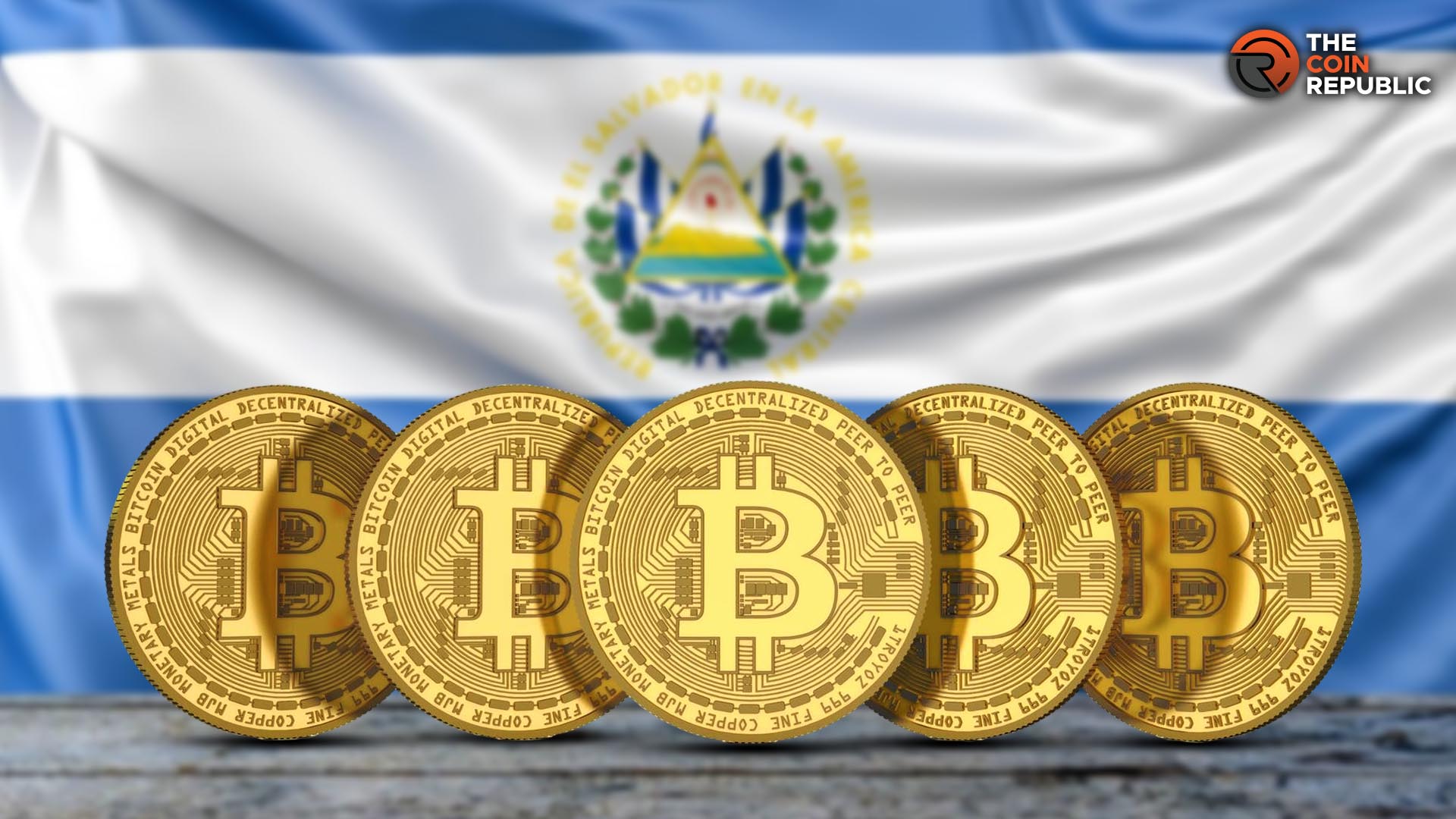The government of El Salvador is moving its crypto agenda forward by planning to install Bitcoin nodes in every home.
The plan parallels President Nayib Bukele’s goal of turning his country into a Bitcoin ecosystem.
While ambitious, the plan has divided opinion on whether it can be delivered and what economic impact it will have.
Bitcoin Node at Every El Salvador Home
El Salvador aims to decentralize financial operations and grow economic autonomy by installing Bitcoin nodes nationwide.
Its goal is to help reduce dependence on the existing banking systems through decentralized financial networks. Advocates say this could enable citizens to use more secure and accessible financial tools.
It follows the country’s previous moves to make Bitcoin legal tender and use it to fund projects to reduce debt.
– Advertisement –
Officials say the nodes will help users have more autonomy and build a secure and decentralized economy.
However, skeptics are doubtful about widespread node deployment due to obvious practical limits and its compliance with existing infrastructure.
Additionally, critics say there has been little public support for prior projects, such as Bitcoin volcano bonds — which rejected the idea and saw muted involvement from the broader public.
Technical setup and maintenance of nodes are aspects that financial experts disregard. But backers say the potential long-term gains could outweigh the initial humps.
Challenges and Criticism of the Node Plan
Experts and opposition groups have criticized the proposed initiative, saying it could tax the national budget.
Installing Bitcoin nodes in every home requires technical expertise, functional internet, and high energy usage. Still, these challenges call into question such a plan’s economic and environmental impacts.
Moreover, El Salvador’s recently obtained $1.4 billion International Monetary Fund (IMF) loan acts as a credit ceiling for discretionary spending.
Economic analysts warn that the initiative could disappoint citizens as it diverts resources toward essential public services.
The government’s obsession with Bitcoin appears to have largely overshadowed traditional development goals.
However, despite these criticisms, proponents say it could make Bitcoin nodes a platform to promote financial inclusion and move away from centralized financial institutions.
Then, the country could leverage its attractiveness to global attention and investment after a while.
This optimistic view of Bitcoin fuels the government’s drive to place El Salvador out front in the crypto adoption sweepstakes.
Bitfinex and Tether Expand Operations in El Salvador
El Salvador is becoming a key hub for companies flush with cash and rolling off the hook for the Bitcoin mania, even as regulatory scrutiny evens globally. Major players such as Bitfinex and Tether have flocked to the country thanks to supportive policies enabling the firms to obtain operational licenses.
The developments suggest increasing faith within the business community in El Salvador’s crypto-friendly framework.
Bitfinex Derivatives obtained the Digital Asset Service Provider (DASP) license to increase its presence in Latin America.
This license enables the company to operate legally and build up its regional offerings. The same could be said of Tether, which announced its plans to transition the cryptocurrency’s operation into El Salvador as a token of trust in the country’s economic policies.
Such moves show the country’s desire to be a global blockchain and cryptocurrency innovation hub. Crypto businesses would mean new jobs, investments, and technological advancements for the region.
Critics warn that depending on crypto without other safeguards could open the economy to volatility and market risk.
El Salvador’s ambition to have a Bitcoin node in every home is testimony to a focus on growing Bitcoin into an economy built on Bitcoin.
However, the new initiative faces significant technical, financial, and social challenges. Long-term success will depend on the government’s ability to handle these issues.
Backers consider the initiative a brazen move towards decentralization, innovation, and a leadership position in global crypto adoption.
Their argument for the investment is based on the potential for financial inclusion and technological advancement.
However, opponents have dismissed the plan as overly ambitious, arguing about resource allocation and how the public will react.










